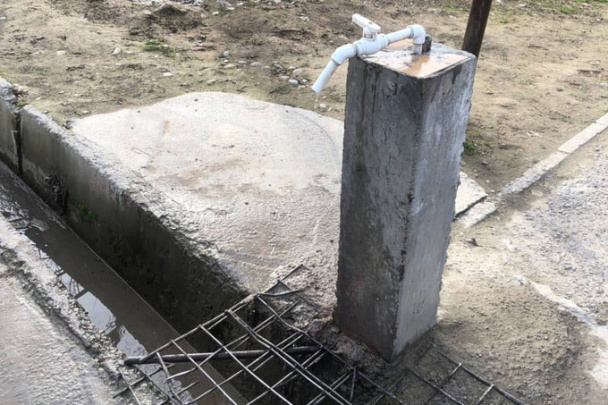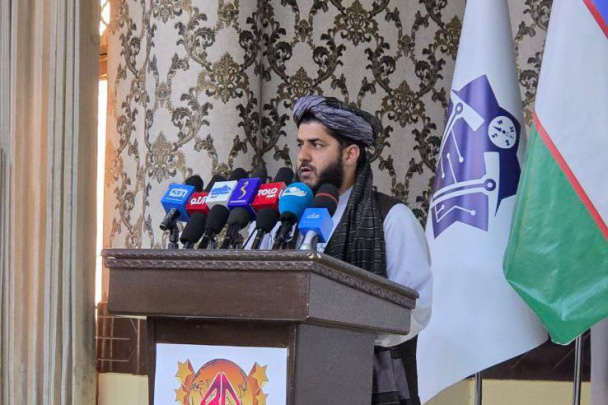Water crisis in Central Asia: Is Uzbekistan at risk due to Taliban's Kushtepa canal?
In the 20th century, states and corporations fiercely competed for oil — the main strategic resource of the industrial age. In the 21st century, however, another, even more valuable resource has taken the forefront: water. Now the battle is not for barrels, but for clean sources, access to drinking water, and water conservation technologies. Water is the new oil, and the fight for it has already begun.
The Syr Darya and Amu Darya are the two largest rivers in Central Asia, supplying water to the region’s countries. The Amu Darya, which originates in the Pamir Mountains, is formed by the confluence of the Panj and Vakhsh rivers. It flows through Tajikistan, Afghanistan, Uzbekistan, and Turkmenistan before emptying into the former Aral Sea. Any changes in the distribution of its water pose potential threats to the ecosystems and economies of these countries.
One of the key water bodies in the region is the Karakum Canal (formerly the Lenin Canal), which provides 80% of Turkmenistan's water needs. The canal stretches 1,375 km, with a water intake from the Amu Darya reaching 500 cubic meters per second. However, a new threat to the region is associated with another water project — the Kushtepa Canal, which Afghanistan has been actively constructing since 2021.
Kushtepa is Afghanistan’s largest infrastructure project in the field of water resources. The construction is being carried out without concrete reinforcement of the banks and riverbed, leading to significant water losses. Its capacity will be 600 cubic meters of water per second, which is 2.5 times more than the flow of the Chirchik River.
Dr. Sobir Mamadiyorovich Kodirov, a PhD in technical sciences and lecturer, explains: "This canal is being built without reinforcements, and water is directed into sandy areas, so a significant portion of it will simply seep into the soil. However, the main issue is that Uzbekistan and Turkmenistan will be left without the necessary volumes of water for agriculture and drinking water supply. Afghanistan has no infrastructure to utilize the water. They have the canal, but no pump stations or infrastructure to deliver water to the fields. It's like having a garage but no car."
If Kushtepa operates at full capacity, the consequences will be catastrophic: A sharp drop in the water level of the Amu Darya will affect water supply in Uzbekistan and Turkmenistan. Pump stations will stop working as the intake structures will be above the river level. Drought will intensify, especially in Karakalpakstan, and the Aral Sea will dry up even faster. Dust storms will increase, and international tensions may rise due to competition for water resources. Economic sanctions against Afghanistan from neighboring countries could be a possibility.
Uzbekistan is already taking steps to prevent a crisis. In 2023, Abdulaziz Kamilov held talks in Kabul on water cooperation. However, a comprehensive approach is necessary: it is essential to achieve an international agreement on the use of transboundary waters. Joint projects with Afghanistan for modernizing the water supply system should be proposed, including the construction of dams and reservoirs. Technologies for reducing water losses and improving the efficient use of water resources should be implemented. Electricity exports could become a lever of influence on Afghanistan.
The water crisis is a serious challenge that requires decisive and thoughtful actions. History shows that Uzbekistan has always found compromises even in the most difficult situations. We hope that Uzbekistan will not run out of water in the next 10 years.
Related News

14:00
Central Asia as an Emerging Cluster

11:18
Tashkent region water supplier ordered to refund 2.2 billion UZS following overcharging probe

14:29 / 25.02.2026
Uzbekistan launches geological exploration at three oil and gas blocks in Afghanistan

17:49 / 24.02.2026



